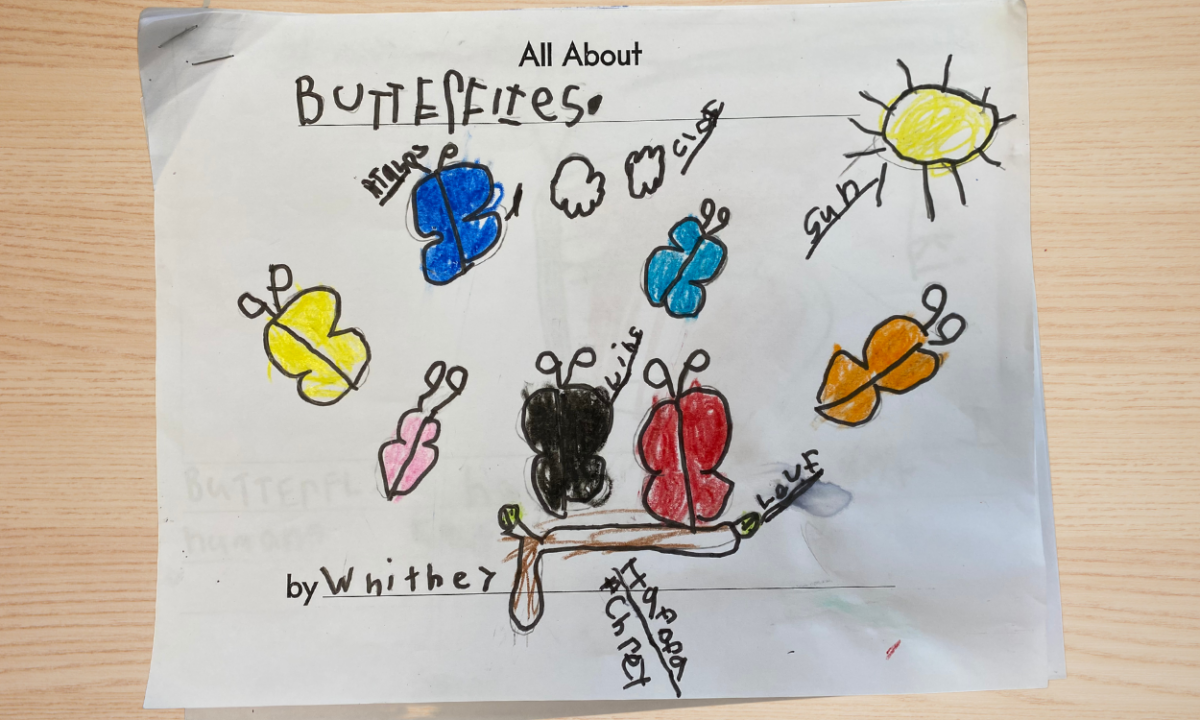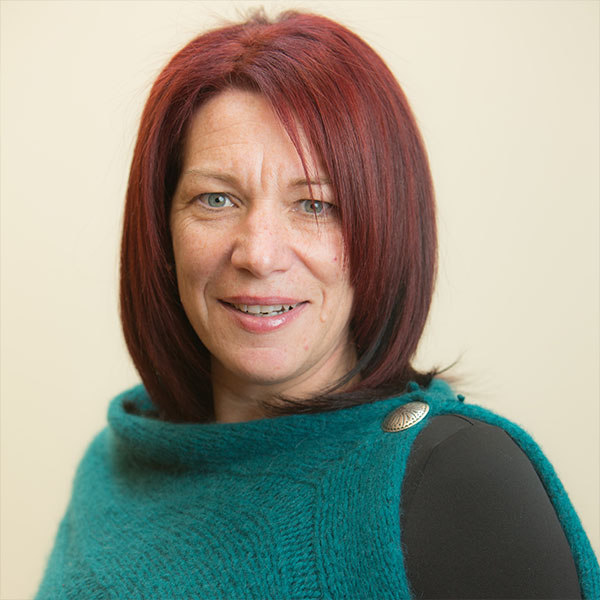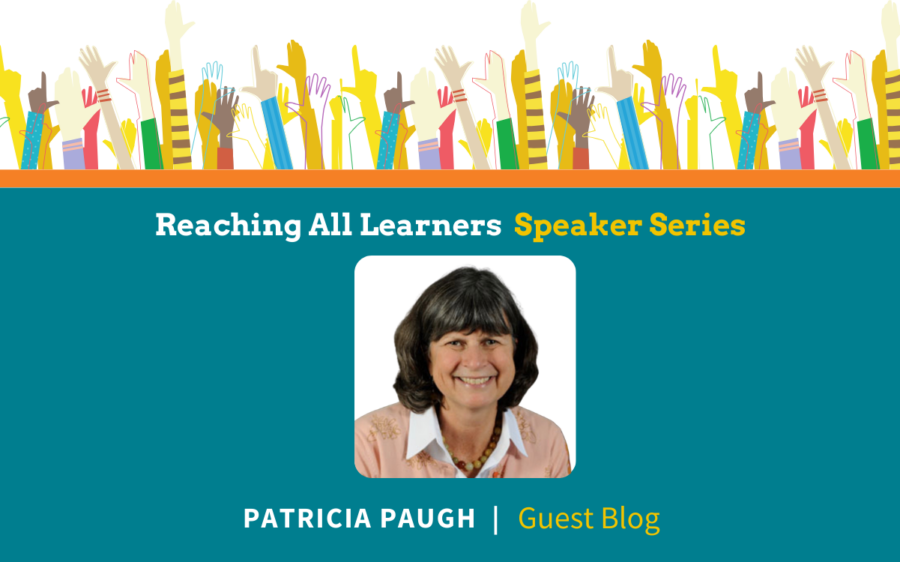The child’s marks say, “I am.”
Donald Graves
Kindergarteners in Ardsley, New York have been on a learning journey with their teachers this year. Their journey has been one of identity, agency, and independence. They have been learning about what it means to be a writer and how to live writerly lives. Over the course of the last year these kindergarteners have been learning how to:
- Tell stories.
- Develop and communicate ideas.
- Compose messages.
- Communicate meaning through pictures and words.
- Write for different purposes and audiences.
- Make books.
- Choose paper that supports their purpose and message.
- Write within different genres (functional, narrative, informational).
- Talk about writing.
- Sustain writing over longer periods of time.
When talking about this learning journey, Kim Beames, the literacy coach in Ardsley, New York shared:
There is joy here. The children are excited about writing. They see themselves as writers. They see a purpose in writing. They seek it out and incorporate writing into everything they do, including free choice time.
When writing time was not available one day due to a school assembly some students let their teacher know that they were NOT happy about their writing time being taken away. Promises needed to be made that writing time would be back on the daily schedule the next day.
Children are making books in school, and they are going home and writing more books.
The kindergarteners in Ardsley, New York are speaking to us and the message they are sending is loud and clear: We Are Writers!

What has contributed to the kindergarteners’ identity, agency, and independence as writers?
- Providing Professional Learning: The literacy coach attended Introduction to Writing Minilessons professional learning sessions. Then, the she supported the teachers with professional learning and resources to help them initiate writers’ workshop in their classrooms.
- Responsive Teaching: Teachers created environments in their classrooms that scaffolded students as they composed and constructed messages together. They moved from interactive writing to independent writing with the support of minilessons, dedicated time for writing and sharing, and the use of mentor texts. Students incorporated storytelling, drawing, and writing across the workshop.
- Providing Time: The writing process is complex. Writing takes time. Children had opportunities to tell their stories, sketch, draw, and write every day. They talked about their writing with their teacher and with one another. Having time to do the things that writers do helped them view themselves as writers.
- Believing: Teachers started to believe in the children as writers. They watched them work, listened to them, and saw stories emerge from their ideas. Seeing really does lead to believing.
To view ourselves as writers, we need to be part of a learning community that values time for writing and do the work of real writers every day. Kindergarten writers in Ardsley, New York, thank you for sending us this message!

Instill This Joy In Your Students!
At our Introduction to Writing Minilessons professional learning, explore how to use Writing Minilessons: Your Every Day Guide for Literacy Teaching to provide high quality lessons in management, craft, conventions and writing process.
Participate in-person at Lesley University or virtually!
- Introduction to Writing Minilessons Grades K-4
July 27-28, 2023 (2-day training)
- Introduction to Writing Minilessons Grades K-5
September 21-22, 2023 (2-day training)





